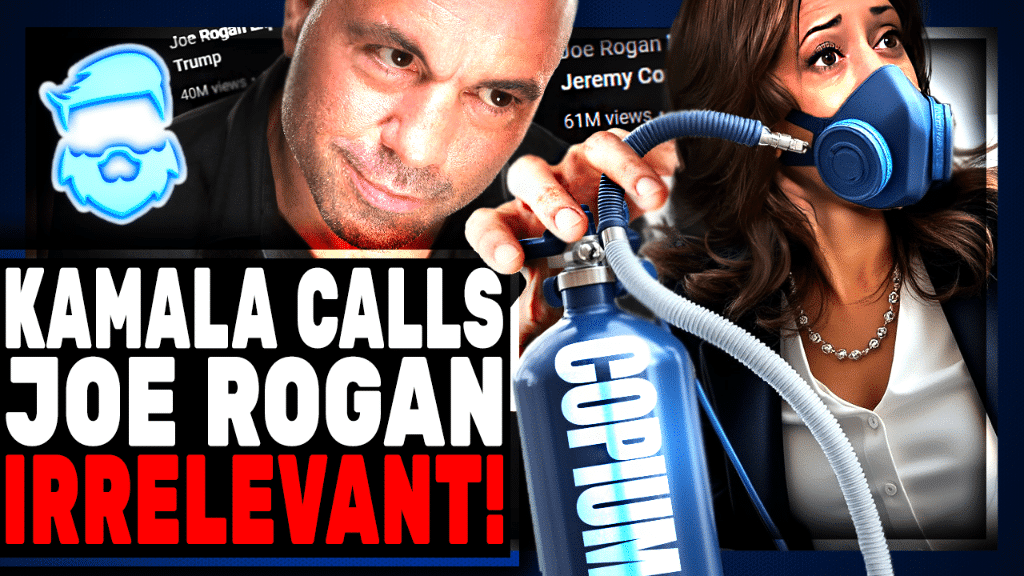Everyone has their passion. Taylor Swift writes music. Neil deGrasse Tyson likes outer space. Giannis Antetokounmpo plays basketball. And the Securities and Exchange Commission investigates Elon Musk, the richest person in the world, the newly contracted buyer of Twitter, and the longtime annoyer of America’s preeminent Wall Street regulator. The SEC and Musk have been at odds since 2018, almost without interruption, stemming from Musk’s untrue tweet that he had secured funding to take Tesla private. The SEC sued him for making false and misleading statements about his public company, the sides settled, Musk antagonized the agency, the SEC accused him of breaching their settlement, and around they’ve gone.
Now there is a new SEC investigation focused on Musk. There is also one at the Federal Trade Commission, according to the Wall Street Journal, which broke news of both on Wednesday.
The SEC probe revolves around Musk’s purchase of 9.2 percent of Twitter stock earlier this spring—specifically how he did and did not disclose those early purchases. They made him the company’s largest shareholder by around late March, before he made his bid to take control of the company. That the SEC is looking into Musk’s wheeling and dealing is a new development that tracks for two reasons. One is that the SEC adores investigating Elon Musk.
The bigger reason is that Musk’s own public filings about his first big run of Twitter stock purchases indicate that he broke the law in at least one black-and-white way, and maybe in another way that’s a little bit more gray. The SEC may have a different problem: It can’t do that much to bug someone who has as much money as Musk. For Musk, that bureaucratic limitation might be enough of a win on its own to make any new SEC action worth the hassle. We’ll see.
At issue is how Musk told the public about his aggressive move into Twitter stockholding. When someone buys a lot of stock in a company, the price goes up. When that someone is Elon Musk, a man who causes asset prices to rise by being anywhere in their general vicinity, a huge block of stock purchases is really, really, really going to make the price go up.
Relatedly, the United States has securities laws that require big stock buyers to tell the markets what they are doing. If an investor buys more than 5 percent of a public company, they need to file some paperwork with the SEC, which posts the documents on its website. The timing is important: The buyer is supposed to disclose their holding within 10 calendar days of crossing the 5 percent threshold.
“In investing, there’s the haves and the have-nots,” says Michael Dambra, an associate professor of accounting and law at the University at Buffalo School of Management. “There’s always a concern by the SEC to have an equal playing field between what we think of as mom-and-pop investors and these big institutions. These 5 percent positions would be of interest to people, because it could lead to a change in the firm, could lead to change in Twitter, or a potential acquisition of Twitter. And so, if you sort of had a hidden position for a while, you could build up stock on the cheap, and potentially investors can lose out on that inflated price if investors expect the sale to occur. The point of this 5 percent threshold is sort of a heads-up or a notification to our rank-and-file investors that something’s going on with the firm. It’s important.”
The first problem is obvious if you just go over and click on the actual filing Musk made with the SEC to tell the agency that he’d bought 9 percent of Twitter. Right at the top, it says the “date of event which requires filing of this statement”—in this context, the purchase of at least 5 percent of Twitter’s stock—is March 14. Securities law would have had Musk disclosing that stake no later than March 24, the 10th day after he hit 5 percent. But the disclosure is dated April 4, the same day the rest of the universe found out Musk had bought the shares. April 4 is 11 days later than March 24. He was not even close to meeting his filing deadline! A second filing a day later, also sitting there in public, matches up with this buying timeline.

















